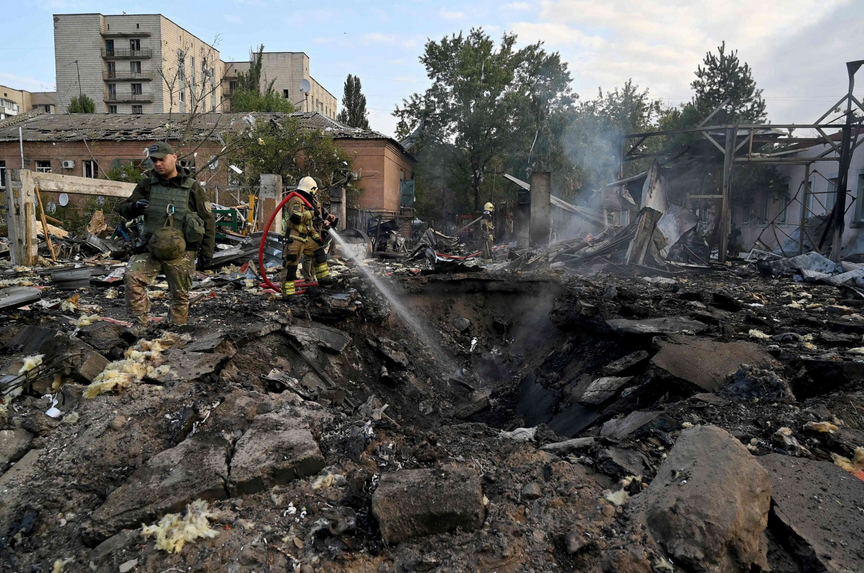
China downplayed concerns over a reported flu outbreak, attributing the rise in respiratory infections to a routine seasonal surge during winter.
Despite circulating social media videos showing overcrowded hospitals, Chinese authorities maintained that the situation does not represent a significant health crisis.
The Chinese foreign ministry said that the outbreak is less severe than last year. “Respiratory infections tend to peak during the winter season in the northern hemisphere,” said Mao Ning, spokesperson for the Chinese foreign ministry, addressing questions about the spread of influenza A and other respiratory diseases.
She added, “The diseases appear to be less severe and spread on a smaller scale compared to the previous year. I can assure you the Chinese government cares about the health of Chinese citizens and foreigners in China. It is safe to travel in China.”
Mao also pointed to guidelines issued by the National Disease Control and Prevention Administration of China for managing respiratory diseases during the winter.
‘Nothing to be alarmed’, says health ministry
Health ministry on Friday said that it is closely monitoring the situation in China, especially concerning the reported outbreak of Human Metapneumovirus (HMPV).
Atul Goel, Director General of Health Services (DGHS) in India, said, “There is news doing the rounds about a Human Metapneumovirus (HMPV) outbreak in China. However, we have analyzed the data of the respiratory outbreaks in the country [India], and there is no substantial increase in December 2024 data nor any large-scale cases reported from our institutions. There is nothing to be alarmed about the present situation.”
Goel added that Indian hospitals are prepared with adequate supplies and beds for the usual seasonal surge in respiratory infections. He advised the public to follow standard precautions, such as avoiding close contact if experiencing symptoms like a cough or cold, to prevent transmission.
Reports from China have suggested that Human Metapneumovirus (HMPV) could be behind the spike in infections. However, Chinese authorities and the World Health Organization (WHO) have not declared any state of emergency.
What is Human Metapneumovirus?
Discovered in 2001, HMPV is part of the Pneumoviridae family, which also includes respiratory syncytial virus (RSV), according to the US Centers for Disease Control and Prevention (CDC). The virus generally causes upper and lower respiratory infections, presenting symptoms similar to the common cold or flu.
While it is being closely monitored, health experts stress that its impact remains manageable under standard medical protocols.





